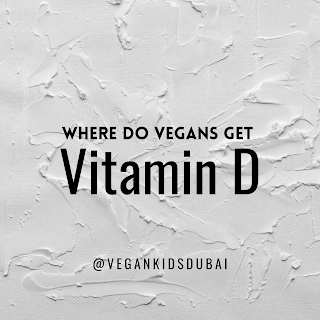Omega 3-6
We all need some fat in our diets. A couple of fats are classed as essential because our bodies cannot make them. The essential omega-3 fat is called alpha-linolenic acid (ALA). The essential omega-6 fat is called linoleic acid (LA). Omega-3 and omega-6 fats affect our immune system, brain, nerves and eyes.
If you are eating a varied and balanced plant-based diet, it is likely that you are consuming good sources of LA on a regular basis. These include hemp seeds, pumpkin seeds, sunflower seeds, walnuts and soya spread. However, eating enough ALA may require more planning.
What’s all the fuss about Omega 3 and 6 oils? What do they do for my body?
These fatty acids have been linked to helping prevent heart disease, cancer, and many other diseases. DHA is also required by the human brain. Low levels of DHA in the brain have been linked to depression, schizophrenia, memory loss, and an increased chance of being stricken with Alzheimer’s disease. Therefore, the regular and repeated consumption of Omega oils can greatly help affect the quality of your life for the better.
Omega 3 in vegan food:
The best sources of omega-3 are chia seeds, ground flaxseed, flaxseed oil, and canola oil. Additional sources include hemp seed oil, walnuts, and, to a lesser extent, soybeans and leafy green vegetables. It is also possible to get these fatty acids from algae-derived supplements.
Omega 6 in vegan food:
Omega-6 is much more abundant and can be found in almost every oil, seed, and nut. High-LA oils such as safflower, sunflower, cottonseed, corn and soybean oils are usually found in processed foods, so limiting your intake of processed products will help lower your LA consumption to achieve a healthy balance.
Do we need omega-3 fat supplements?
The FAO and EFSA suggest a long-chain omega-3 fat (EPA and DHA) intake of 250 milligrams per day for adults. Vegans consume almost none of these fats from natural sources. It is possible to supplement a vegan diet with EPA and DHA from micro-algae, which may be a particularly important consideration for infants and those who are pregnant or breastfeeding, due to the role of omega-3 fat in brain health. However, we require more research into how supplementation affects the health of vegans.
Another option is to increase your intake of ALA, which may boost the amount of omega-3 fat in your blood. Some experts suggest that vegans should eat double the recommended amount of ALA. For instance, you could include both a tablespoon of ground linseed and six walnut halves in your daily diet.
Pro Tips
* Make sure that your daily diet includes good sources of ALA, such as chia seeds, ground linseed, hemp seeds and walnuts
* Consider incorporating vegetable (rapeseed) oil as your main cooking oil
* Supplementation with omega-3 fats from micro-algae may be a particularly important consideration for infants and those who are pregnant or breastfeeding, due to the role of omega-3 fats in brain health (please discuss the use of supplements with a health professional).


